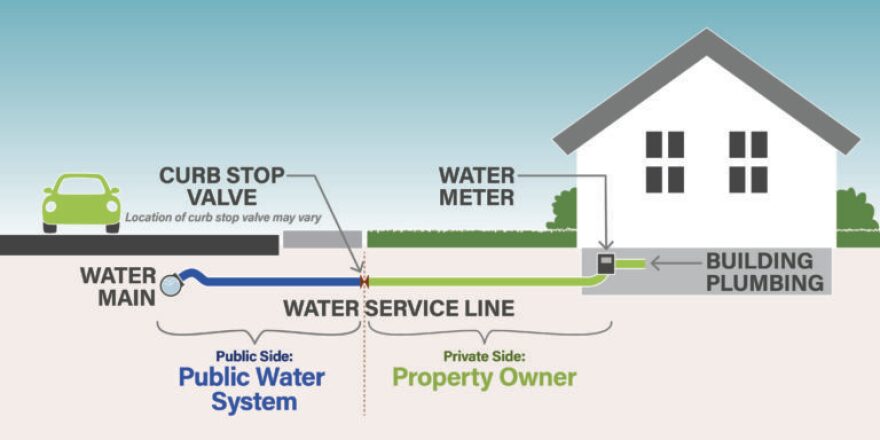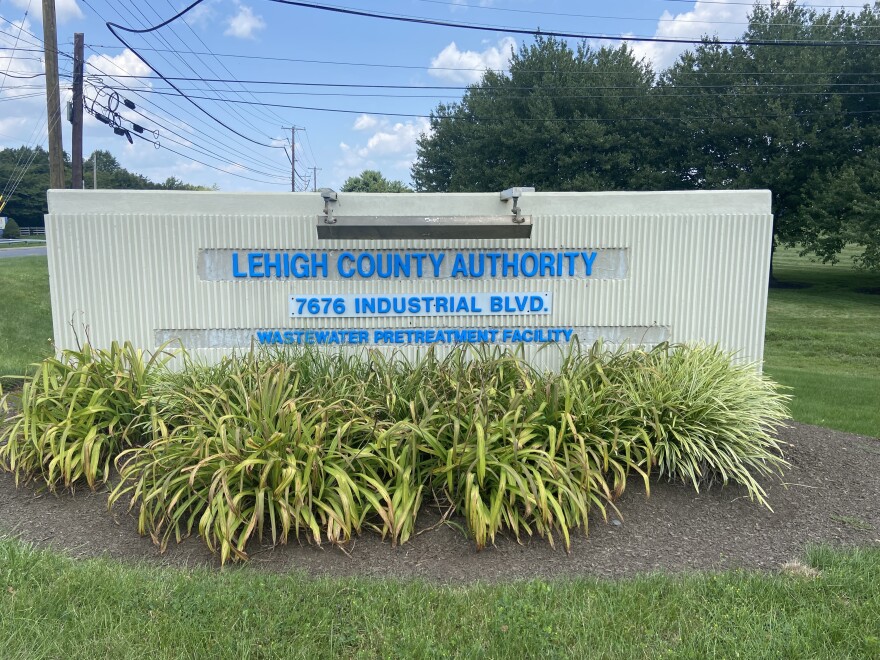ALLENTOWN, Pa. — Efforts to upgrade old water lines in Allentown are set to get an eight-figure funding boost from the state, according to state Rep. Josh Siegel.
The Lehigh County Authority was awarded about $12 million to replace 1,000 private lead service lines in Allentown that are connected to public lines not made of lead or galvanized material, Siegel said in a release Wednesday.
The project will include third-party home inspections, material documentation, soft digs at a few locations, installing new private-side service line and appurtenances, and risk mitigation management measures, according to the release.
Just under half of that money is in the form of a low-interest — 1% — 30-year loan from a state agency. The city will not have to repay about $6.4 million, according to the state representative.
“Eliminating our communities’ exposure to lead from the service lines” is essential for “environmental justice."State Rep. Josh Siegel, D-Allentown
Much of Allentown’s drinking-water infrastructure is more than a century old and made of lead or galvanized material that’s downstream of a lead line.
“Eliminating our communities’ exposure to lead from the service lines” is essential for “environmental justice,” Siegel said.
He thanked state Sen. Nick Miller, D-Lehigh/Northampton, for working in the upper legislative chamber to secure funding for Allentown.

Second fund infusion in a week
The $12 million will come from the Pennsylvania Infrastructure Investment Authority, often referred to as Pennvest.
The Lehigh County Authority plans to start the project in August, with work to be done by July 2026, according to Siegel, D-Allentown.
Allentown officials this week learned the city will get $5.7 million from a federal effort to reduce lead-based paint hazards and improve homes’ health and safety for residents.
Exposure to lead — which cannot be seen, tasted or smelled in drinking water — can build up over time, causing a range of health effects, according to the Mayo Clinic.
In children, lead poisoning can cause a developmental delay, learning difficulties, irritability, loss of appetite, weight loss, sluggishness and fatigue, abdominal pain, vomiting, constipation, hearing loss, seizures and eating things, such as paint chips, that aren't food, according to the medical center.


